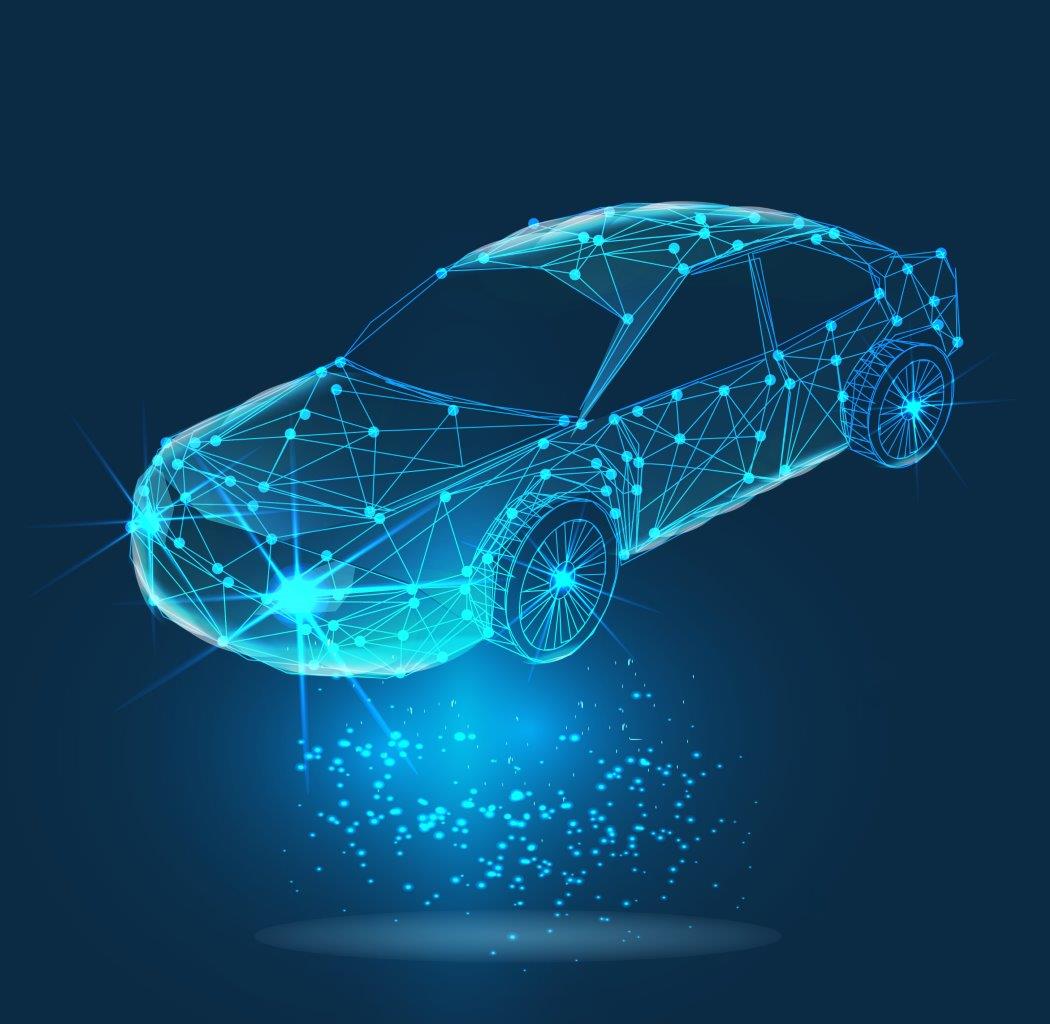We create intelligent technology solutions and services for the automotive industry and mobility service contractors. Our technological developments are based on our long-term expertise in Machine Learning, specialized algorithms and Big Data analyses. Our consulting service is fed from a pipeline of innovative research ideas.
We transform our technology into intelligent services that are scalable and easily put together. For this we build on strong partnerships with OEMs and sector experts. Our solutions have already been productively implemented in important areas of the automotive industry and have received numerous awards.
We help you assess your technology and are working on safeguarding and certification processes for AI applications. Ultimately, providing proof that partially autonomous vehicles with integrated AI are safe is a huge challenge for research and development.
